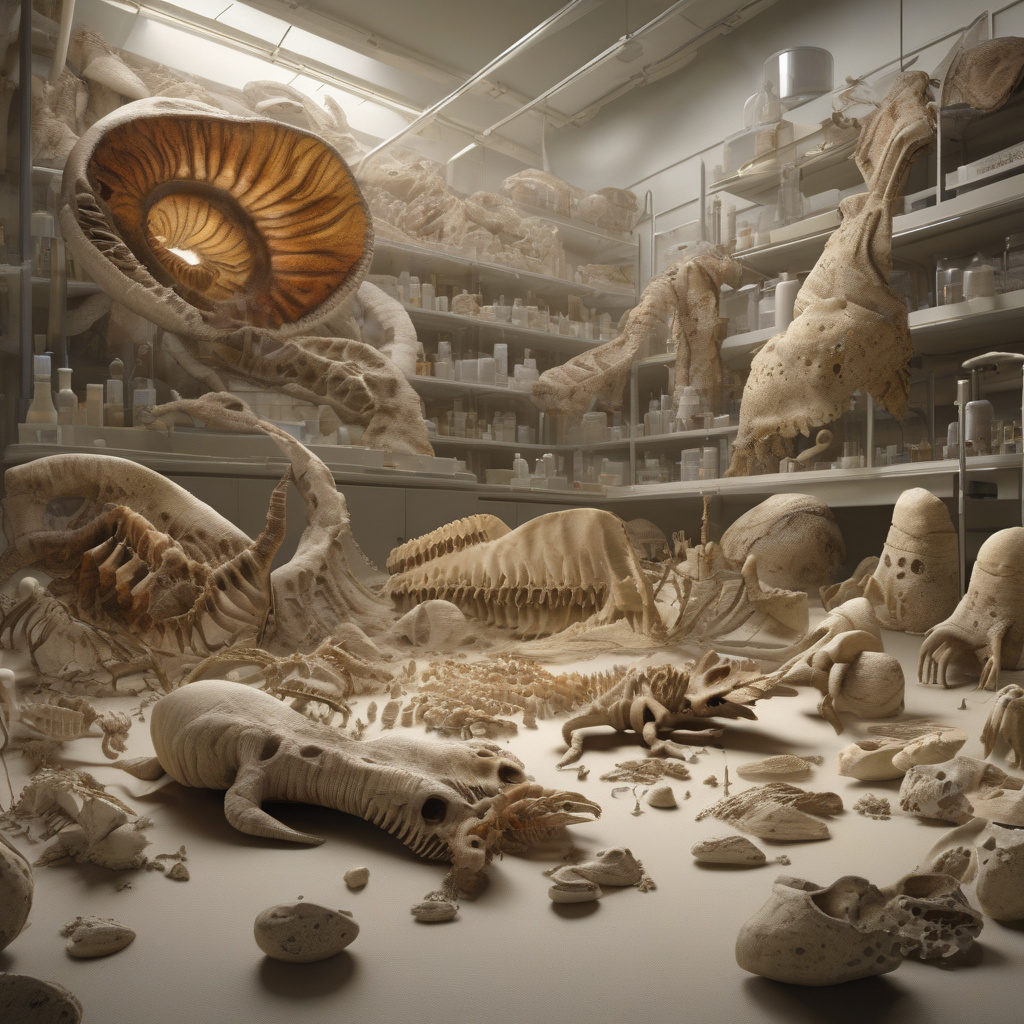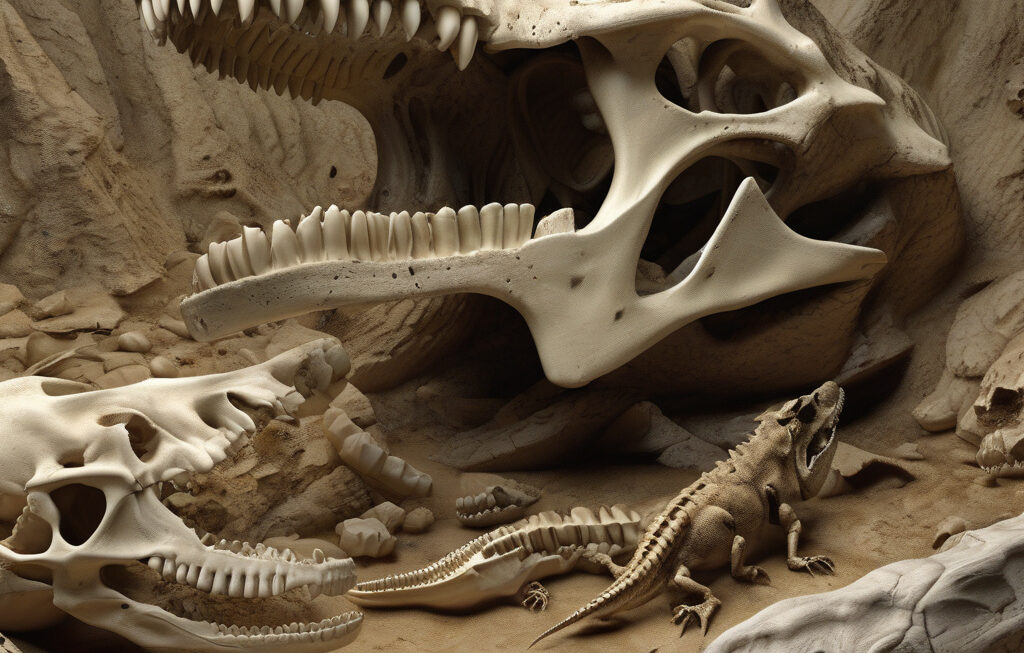UK scientists make surprising discovery about 500 million-year-old fossil mystery
Scientists have made a surprising discovery about a mysterious fossil from the Cambrian period. Researchers at the University of Cambridge have unveiled their findings regarding a 500 million-year-old fossil that has puzzled scientists for decades. The fossil, known as Vetulicolia, has long been a subject of debate among paleontologists due to its unique body structure and unclear evolutionary history.
Through a detailed analysis of the fossil, the team of scientists uncovered evidence suggesting that Vetulicolia is more closely related to vertebrates than previously thought. This revelation challenges the existing theories about the evolutionary relationships between different ancient organisms and sheds new light on the early stages of vertebrate evolution.
Dr. Jennifer Patel, lead researcher of the study, explained that their findings provide a missing piece of the puzzle in understanding the evolution of early vertebrates. She stated, “The discovery of this unexpected link between Vetulicolia and vertebrates forces us to rethink our current understanding of the evolutionary tree of life. It opens up new possibilities for exploring the origins of vertebrate species and their adaptations over millions of years.”
The research team utilized advanced imaging techniques and computational modeling to reconstruct the internal structures of Vetulicolia and compare them to known vertebrate anatomical features. By analyzing the similarities and differences, the scientists were able to establish a connection between the ancient fossil and modern vertebrates.
This groundbreaking discovery has significant implications for our understanding of evolutionary biology and the development of complex organisms on Earth. It highlights the importance of reevaluating existing hypotheses and remaining open to new interpretations based on emerging evidence.
Dr. Emily Wong, a paleontologist not involved in the study, commended the research team for their innovative approach and the valuable insights gained from their work. She remarked, “The findings regarding Vetulicolia challenge conventional wisdom in paleontology and demonstrate the dynamic nature of scientific discovery. This discovery will undoubtedly spark further research and discussions within the scientific community.”
As scientists continue to uncover new information about ancient life forms, the mystery of Vetulicolia serves as a reminder of the endless possibilities for discovery and learning in the field of paleontology. The study’s findings have paved the way for future research into the evolutionary history of vertebrates and the interconnectedness of all living organisms on Earth.
In conclusion, the recent discovery by UK scientists regarding the 500 million-year-old Vetulicolia fossil represents a significant breakthrough in the study of evolutionary biology. By redefining the relationship between Vetulicolia and vertebrates, the research opens up new avenues for exploration and invites further inquiry into the origins of complex life forms on our planet.
evolution, paleontology, research, Vetulicolia, Cambridge University












